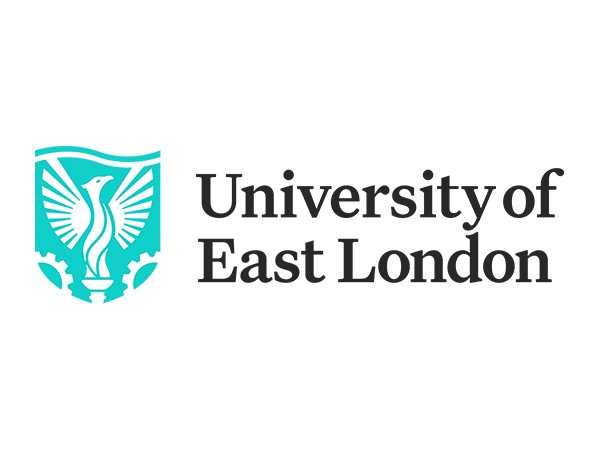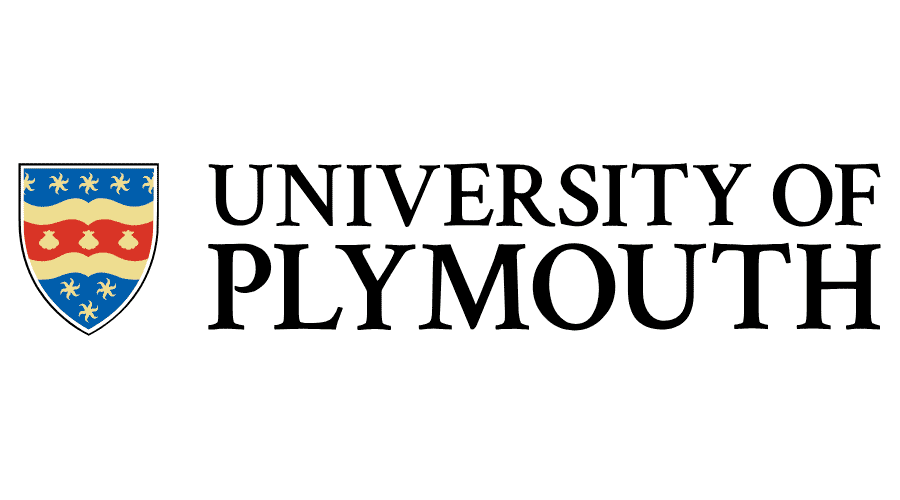Applied Theatre: Empowering Change Through Performance
Applied Theatre is an innovative field that goes beyond traditional stage performances to use theatre as a tool for social change, education, and community development. If you're an Indian student passionate about the performing arts and eager to make a real-world impact, studying Applied Theatre abroad can open doors to global opportunities. This course equips you with skills to address pressing issues like inequality, health awareness, and cultural dialogue through interactive drama techniques. Targeted at students from diverse backgrounds, including those from India, it blends creativity with practical application, making it ideal for fostering empathy and leadership in multicultural settings.
Why Choose Applied Theatre?
In today's interconnected world, theatre isn't just entertainment—it's a powerful medium for activism and education. For Indian students, who often come from vibrant cultural traditions like folk theatre (e.g., Nautanki or Bharatanatyam storytelling), Applied Theatre bridges local heritage with international practices. Studying abroad exposes you to diverse methodologies, enhancing your ability to tackle global challenges while staying rooted in Indian social contexts such as gender equality or environmental advocacy.
- Social Impact: Learn to create theatre projects that promote community healing and dialogue.
- Global Perspective: Collaborate with international peers, gaining insights into theatre's role in conflict resolution worldwide.
- Creative Freedom: Experiment with non-traditional formats like forum theatre or role-playing workshops.
- Career Versatility: Graduates work in NGOs, education, healthcare, and corporate training—fields booming in India and abroad.
Course Overview
Applied Theatre programs typically span 1-2 years for a Master's degree or 3-4 years for a Bachelor's, depending on the university. Delivered through a mix of workshops, fieldwork, and seminars, the curriculum emphasizes hands-on experience. You'll participate in real-world projects, such as community outreach in urban or rural settings, preparing you for professional practice.
Core components include theoretical foundations from pioneers like Augusto Boal (Theatre of the Oppressed) and practical training in facilitation, scriptwriting, and evaluation. Many programs require a portfolio or audition for entry, but they welcome students from humanities, social sciences, or performing arts backgrounds.
Typical Program Structure
| Semester/Module | Key Focus Areas | Learning Outcomes |
|---|---|---|
| Foundation (Year 1) | Theory of Applied Theatre; Improvisation Techniques | Understand historical contexts; Develop basic facilitation skills |
| Practical Application (Year 1-2) | Community Projects; Devising Performances | Lead workshops; Apply theatre to social issues like mental health |
| Advanced Research (Year 2) | Dissertation or Placement; Ethical Practices | Conduct independent research; Evaluate project impacts |
| Electives | Theatre in Education; Digital Storytelling | Specialize in areas like youth empowerment or refugee support |
Key Topics Covered
The curriculum is designed to be flexible, allowing you to tailor it to interests like Indian diaspora stories or sustainable development. Here's a breakdown of essential topics:
- Theatre for Development: Using drama to empower marginalized communities, with case studies from India and Africa.
- Forum Theatre and Interactive Methods: Techniques where audiences participate to explore solutions to real-life problems.
- Applied Theatre in Education: Integrating performance into classrooms to enhance learning, relevant for India's diverse education system.
- Therapeutic Applications: Drama therapy for mental health, addressing issues like stress in competitive Indian youth culture.
- Digital and Multimedia Theatre: Incorporating technology for virtual workshops, ideal for global outreach post-pandemic.
- Ethics and Inclusivity: Navigating cultural sensitivities, ensuring projects respect diverse identities including those from LGBTQ+ or indigenous groups.
Through these topics, you'll gain a holistic understanding, blending artistic expression with analytical skills.
Skills You'll Develop
Applied Theatre hones a unique set of transferable skills, making graduates highly employable. For Indian students, these skills align with the growing demand for creative professionals in social sectors.
- Communication and Empathy: Master storytelling to connect with audiences across cultures.
- Project Management: Plan and execute theatre initiatives from concept to evaluation.
- Facilitation and Leadership: Guide group dynamics in workshops, useful for team-based Indian workplaces.
- Research and Critical Thinking: Analyze social issues through performative lenses.
- Adaptability: Work in varied environments, from schools to prisons, building resilience.
- Digital Proficiency: Use tools like video editing for online theatre projects.
Career Opportunities
Graduates of Applied Theatre are in demand globally, with roles that combine passion for arts and social good. In India, you could contribute to initiatives like Prithvi Theatre's community programs or NGOs focusing on rural development. Abroad, opportunities abound in international organizations.
Potential Careers:
- Community Theatre Director: Lead projects for local councils or charities (Salary: $40,000–$60,000 USD annually abroad).
- Drama Therapist: Work in hospitals or schools (In India: ₹4–8 lakhs per year).
- Educational Facilitator: Design theatre-based curricula for universities or NGOs.
- Policy Advocate: Use theatre to influence social policies in government or think tanks.
- Freelance Workshop Leader: Collaborate with brands for corporate team-building.
- Researcher/Academic: Pursue PhDs or teach Applied Theatre in institutions like IITs or abroad.
Many alumni start their own theatre collectives, leveraging networks from study abroad to secure funding from bodies like the British Council or Fulbright for Indo-global projects.
Top Universities for Applied Theatre Abroad
For Indian students, the UK, Australia, and the US offer excellent programs with scholarships tailored for international talent. Consider these:
- University of Warwick (UK): MA in Applied Theatre—Focus on global south perspectives; Scholarships up to £5,000 for Indians.
- Central School of Speech and Drama (UK): Renowned for practical training; Strong alumni network in Europe.
- University of Melbourne (Australia): Master of Applied Theatre—Emphasizes indigenous and multicultural stories; Post-study work visa options.
- New York University (USA): MFA in Applied Theatre—Urban-focused projects; Access to Broadway influences.
- Goldsmiths, University of London (UK): Innovative program with fieldwork in diverse communities.
These institutions often partner with Indian universities for exchange programs, easing the transition for students from places like Delhi or Mumbai.
Entry Requirements for Indian Students
Most programs require a Bachelor's degree (50-60% marks) in a related field, English proficiency (IELTS 6.5+ or TOEFL 90+), and a personal statement. Auditions or interviews may involve demonstrating a short performance piece. No prior professional experience is needed, but enthusiasm for social issues is key.
Visa Tips: For the UK Tier 4 visa, show proof of funds (₹10-15 lakhs); Australia and US offer streamlined processes for arts students.
Scholarships and Financial Aid
Studying abroad is achievable with support. Indian students can apply for:
- Chevening Scholarships (UK): Full funding for Master's, prioritizing leadership in arts.
- Endeavour Awards (Australia): Covers tuition up to AUD 15,000.
- Fulbright-Nehru (USA): For creative projects with social impact.
- University-Specific Grants: Warwick offers India Excellence Scholarships (£4,000).
- Indian Government Schemes: ICCR scholarships for cultural studies.
Budget: Tuition £10,000–£20,000 per year; Living costs £10,000–£15,000. Part-time work (20 hours/week) is allowed on student visas.
Student Success Stories
Meet Priya Sharma, an Indian graduate from the University of Warwick: "Applied Theatre transformed my view of storytelling. Back in Mumbai, I now run workshops for underprivileged girls, using techniques learned abroad to empower them against child marriage." Stories like Priya's highlight how this course bridges cultures, turning passion into purpose.
Embark on your journey in Applied Theatre—apply today and use the stage to change the world!





